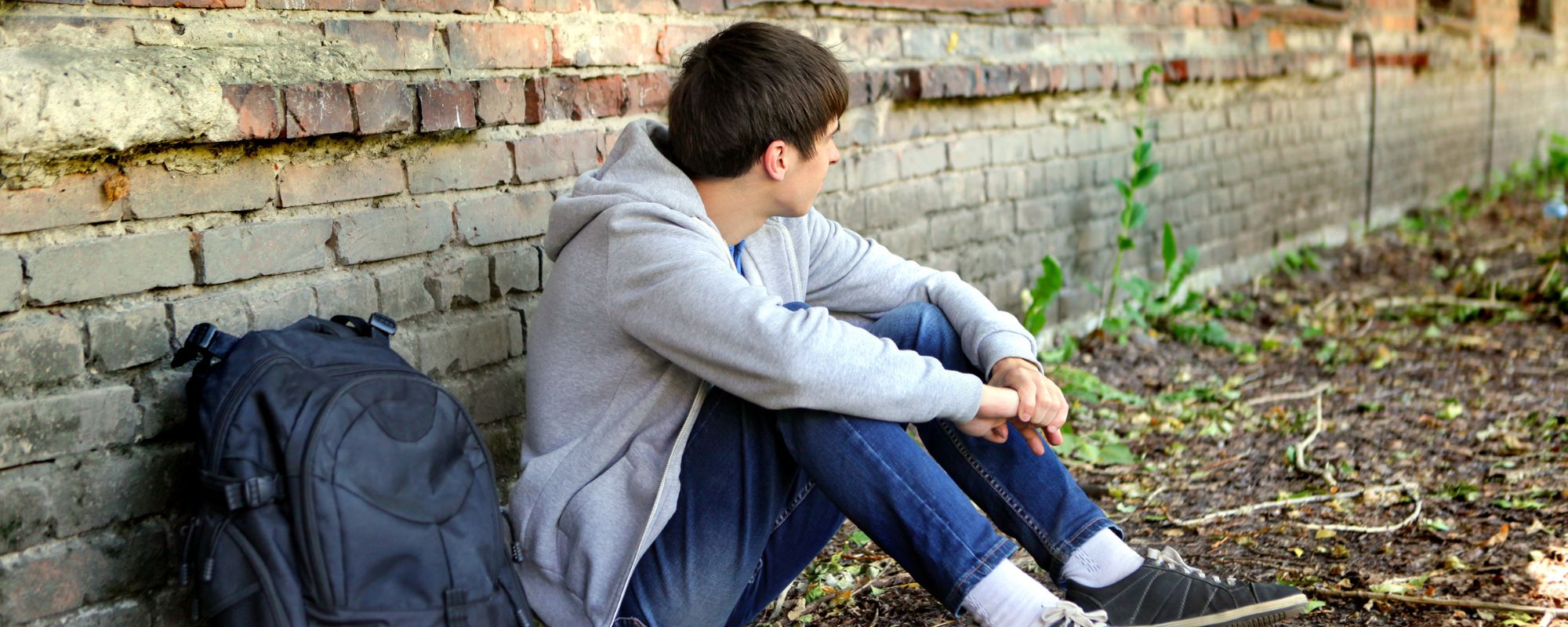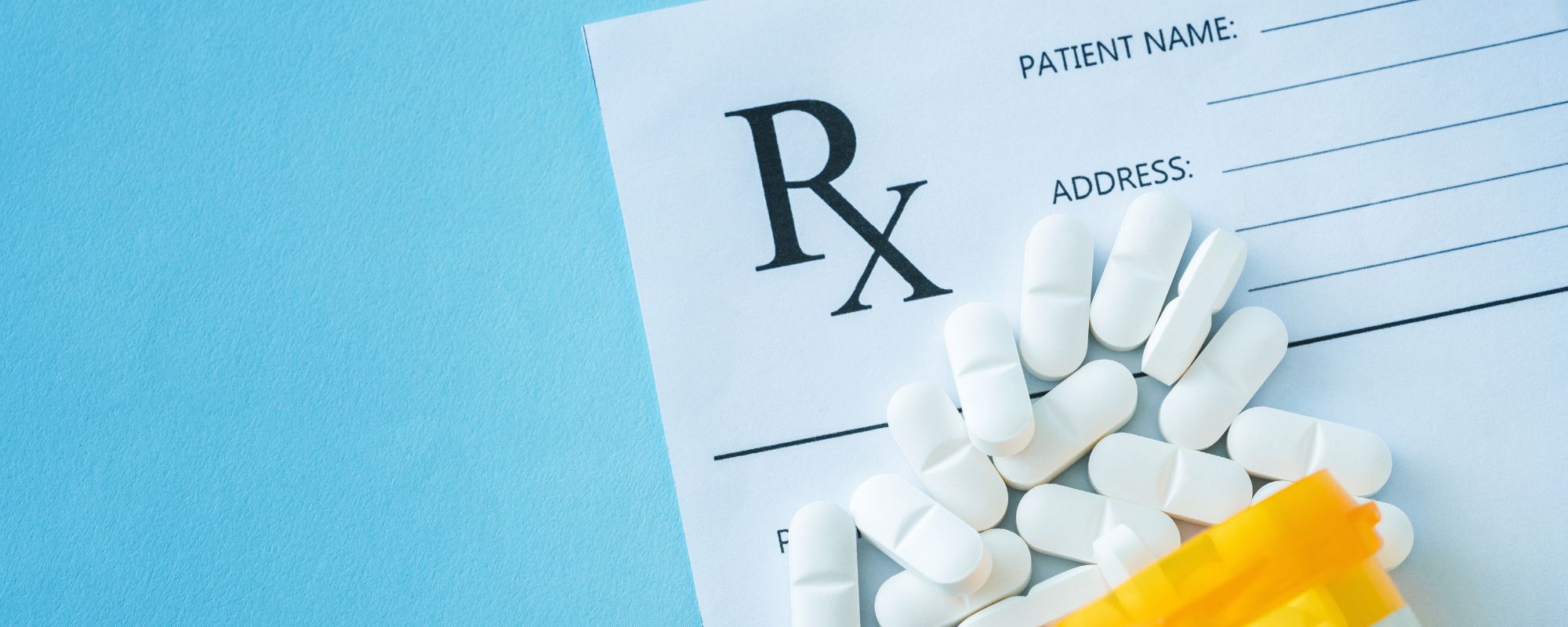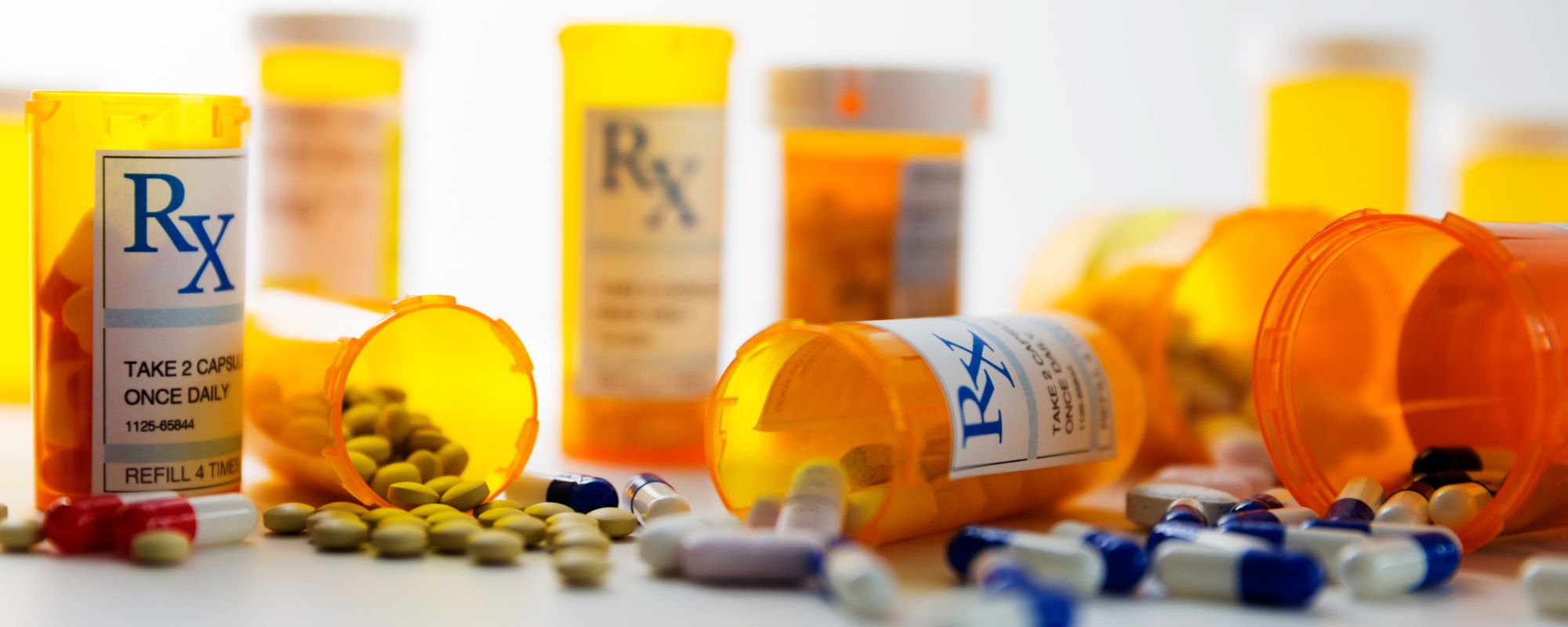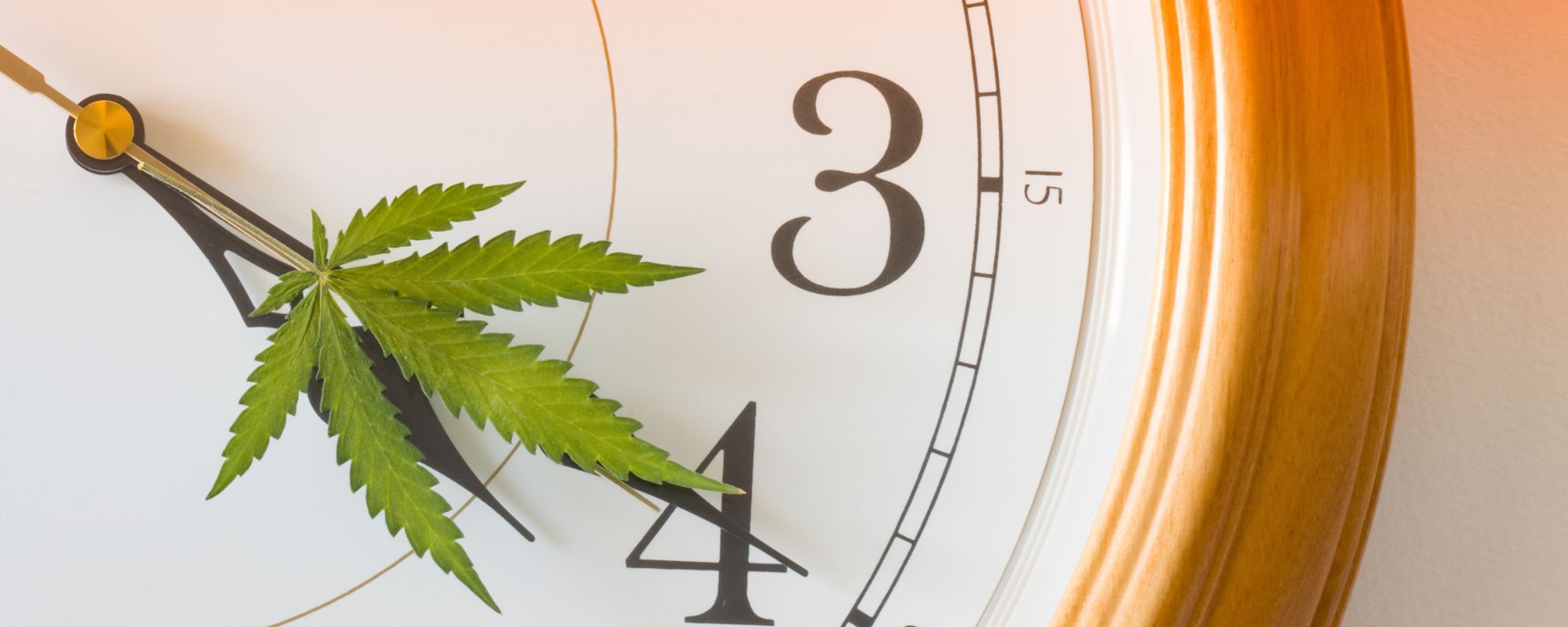In addiction recovery, the most important thing you can do is protect your sobriety. It’s a common saying that “anything you put before your recovery, you’ll lose.” With that being said, you protect your sobriety by putting your recovery first.
This can mean a lot of things to many different people, but basically I see “putting your recovery first” as three main things:
- working a program of recovery
- staying away from people, places, and things that jeopardize your recovery
- doing healthy things to better yourself
You may be wondering what kind of impact your environment can have on your recovery. My thoughts are: if you have a strong recovery, do things to set your recovery up for success, fill your life with healthy relationships that also provide accountability, have a good sober support network, and are generally happy in sobriety, then you can go or live anywhere. It’s as simple as that. Of course, part of protecting your recovery is staying away from triggers as much as you can. Environmental triggers could play a large part in your susceptibility to relapse.
Accessing your Environment
Important factors when it comes to accessing your environment include:
- triggers
- accessibility
- availability
- location
- cost of living- rent
- socialization
- what type of feel does the neighborhood have?
- what are your neighbors like?
- are there a lot of bars in your neighborhood?
- do any drug dealers frequent the neighborhood?
- are there 24-hour businesses in the neighborhood that sell alcohol?
- is your environment quiet or busy in late-night hours?
- will you be seeing/hearing drunk or high people frequently?
- what is the social atmosphere like?
- are there meetings close-by?
- are meetings accessible each day of the week nearby?
- what is the availability of drugs and alcohol in this neighborhood?
- is there any way you can avoid these triggers?
Identify any potential triggers that could come from this environment. Ask yourself if your environment is conducive to recovery.
You have access to meetings, social events, areas that enrich you and your recovery. If part of your personal program of recovery includes things like yoga or going to church, make sure you have things like a yoga studio or church accessible to you.
You know that meetings are available to you, programs of recovery are available to be involved in, etc.
Your location makes it easy for you to get to and from work, meetings, social gatherings, and places that bring you joy. Your location isn’t a party hotspot or street filled with bars and clubs, there aren’t drug dealers posted up on your corner, you don’t live next to a 24 hour bodega that sells beer, etc.
You can afford your rent or mortgage. You can afford any fees that make up your total cost of living. A good rule of thumb to follow, is that your monthly cost of living should be no more than a third of your monthly paycheck.
You are surrounded by, and can keep regular contact with, sober people who are strong in their recovery. Socialization is an important factor in your overall environment, you will need to set yourself up in a place that provides opportunities to socialize with good people in a healthy way. Fun is a big part of recovery, you can’t forget to have fun.
Environmental Triggers
Every environment will have a personal impact on you. The environment you spent most of your time in during you active addiction will be full of triggers, and is not the best environment to go back to in addiction recovery. Alternately, a completely new environment may trigger you in a different way— causing emotional triggers like loneliness, boredom, sadness, etc. When deciding where you should set up the new life you’re building for yourself, you need to take many factors into account in your choice of environment.
Some people believe rural areas are better, while other people believe cities provide more benefits— these choices are completely up to personal preference, as with any choice in the decision-making process for environments. When deciding if an environment is ideal for you, it is vital to have awareness and a good understanding of what your personal triggers are, what kind of triggers are more likely to precede a relapse, and what triggers will be easier or harder to avoid.
Questions you should consider when evaluating environmental triggers:
Protect Your Recovery
Ask yourself all the necessary questions and try to consider each factor involved in your overall environment. The key is protecting your recovery. Protecting your recovery and being strong in your sobriety will allow you to thrive, and some environments are easier to thrive in than others. As I mentioned above, there are three main things you can do to protect your recovery:
Working a Program of Recovery
Whether it be a 12-step program of recovery like Alcoholic’s Anonymous, Narcotics Anonymous, Gambler’s Anonymous, Co-Dependents Anonymous, or any other program of recovery. Being active and as involved as possible with whichever program of recovery you choose will do nothing but benefit you and enrich your life. Staying involved in a program of recovery, no matter how much time in sobriety you have, is crucial to having a strong recovery and confidence in your continued sobriety. Programs of recovery will also provide you with a network of solid, sober people.
Staying Away From People, Places, and Things that Jeopardize Your Recovery
This mainly means avoiding triggers. Staying away from people, places, and things could also mean opting for a different route in your walk home, so that you don’t come face-to-face with that guy who stands on that corner who definitely sells drugs. Maybe it’s choosing not to go to a birthday party for one of your friends who isn’t in recovery. This could also mean not reaching out to that girl who seems super fun, but also doesn’t work a solid program of recovery.
Doing Healthy Things To Better Yourself
A meaningful life is the key to loving your reality. Someone once said that “addicts aren’t addicted to drugs or alcohol, they are addicted to escaping reality.” If you build a life rooted in meaning, you will find purpose and joy in your reality, and won’t want to escape it. Do as many things to enrich your life as you can. Try new hobbies, go on a walk, paint, do yoga, meditate, go to a new restaurant. Anything healthy, that you enjoy doing, will benefit your life.
Don’t Forget
To nurture healthy relationships. Healthy relationships and a strong sober support network will provide you with accountability and help. If you do experience any triggers or obstacles, the first people you should reach out to are sober people— people in recovery who have more time in sobriety than you. These people will become an invaluable resource to you, as they can understand and have overcome the same obstacles you are facing now. Healthy relationships can carry you through any hardships, so don’t forget to network at the 12-step meetings you attend, or the church you go to on Sundays, or your Wednesday night yoga class.
Reach Out
If you or someone you know is struggling with an addiction, please reach out to us at (877)-RECOVERY or (888) 308-1985. Our team of addiction specialists make themselves available to take your call 24 hours a day, 7 days a week. Because We Care.












